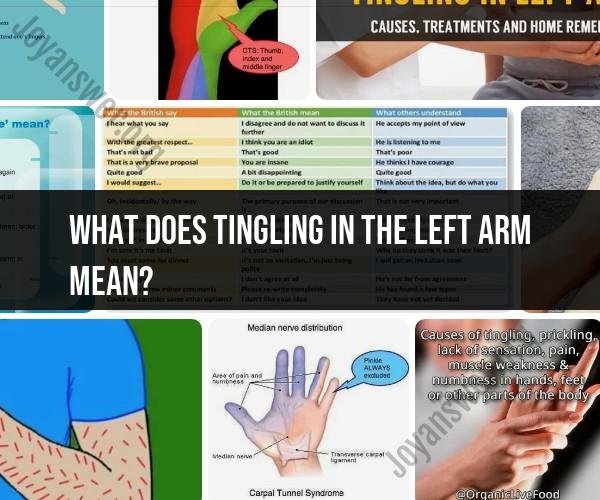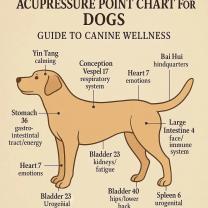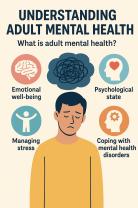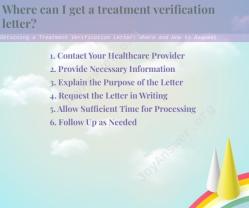What does tingling in the left arm mean?
Tingling in the left arm can have various causes, and its significance can range from benign and temporary sensations to potentially serious medical issues. Here are some common causes and considerations when experiencing tingling in the left arm:
Poor Circulation: Tingling can occur if blood flow to the left arm is temporarily restricted. This might happen if you've been sitting or sleeping in an awkward position that compresses blood vessels. Shaking or moving your arm can often relieve this tingling.
Nerve Compression: Pressure on nerves in the neck or shoulder, such as from a pinched nerve or muscle tension, can cause tingling that radiates down the arm. Conditions like thoracic outlet syndrome or cervical radiculopathy can lead to this sensation.
Paresthesia: This is a medical term for abnormal sensations like tingling, numbness, or "pins and needles." Paresthesia can occur for various reasons, including anxiety, stress, or as a side effect of certain medications.
Carpal Tunnel Syndrome: Although it primarily affects the hand and wrist, carpal tunnel syndrome can sometimes cause tingling sensations that extend up the arm, including the left arm. It results from compression of the median nerve in the wrist.
Peripheral Neuropathy: Peripheral neuropathy is a condition where nerves in the extremities, like the arms and legs, are damaged. It can cause tingling, numbness, and pain. Diabetes, alcohol abuse, and certain medications are common causes.
Heart-Related Issues: Tingling in the left arm can be a symptom of a heart-related problem, particularly in combination with other symptoms such as chest pain, shortness of breath, or lightheadedness. This can be a sign of angina or a heart attack. If you suspect a heart issue, seek immediate medical attention.
Stroke: In rare cases, tingling in the left arm can be a sign of a stroke. Strokes may cause sudden numbness or weakness on one side of the body, including the arm. Other stroke symptoms include difficulty speaking, drooping of the face, and confusion. If you suspect a stroke, call 911 immediately.
It's essential to pay attention to the context and accompanying symptoms when experiencing tingling in the left arm. If it occurs suddenly, is severe, or is associated with other concerning symptoms, seek medical attention promptly. In many cases, tingling in the left arm is harmless and resolves on its own, but it's always better to err on the side of caution and consult a healthcare professional, especially if you're uncertain about the cause.
Exploring the Possible Causes of Tingling in the Left Arm
Tingling in the left arm can be caused by a variety of factors, including:
- Nerve compression: This can occur when a nerve is pinched or compressed by a nearby structure, such as a bone, muscle, or tendon. Nerve compression can be caused by repetitive movements, injuries, or certain medical conditions, such as arthritis or carpal tunnel syndrome.
- Poor circulation: This can be caused by a variety of factors, such as smoking, diabetes, high blood pressure, and peripheral artery disease. Poor circulation can lead to tingling in the hands and feet.
- Damage to the nerves: This can be caused by a variety of factors, such as trauma, infections, and certain medications. Damage to the nerves can lead to tingling, numbness, and weakness in the affected areas.
- Medical conditions: Tingling in the left arm can also be a symptom of a number of medical conditions, such as stroke, multiple sclerosis, and Lyme disease.
When Tingling Is More Than Just Pins and Needles
Tingling in the left arm is usually nothing to worry about, especially if it is only temporary and goes away quickly. However, if the tingling is persistent, severe, or accompanied by other symptoms, such as numbness, weakness, pain, or changes in vision, it is important to see a doctor.
Some of the red flags that may indicate a more serious underlying condition include:
- Tingling that is accompanied by numbness, weakness, or pain
- Tingling that is severe or persistent
- Tingling that worsens over time
- Tingling that is accompanied by other symptoms, such as changes in vision, speech, or coordination
- Tingling that occurs after a head injury or trauma
Seeking Medical Evaluation for Left Arm Tingling: What It Could Indicate
If you are experiencing tingling in your left arm, it is important to see a doctor to determine the underlying cause. The doctor will likely ask about your medical history and symptoms, and perform a physical examination. They may also order tests, such as blood tests, nerve conduction studies, or electromyography (EMG).
Once the doctor has determined the underlying cause of your tingling, they can recommend appropriate treatment. If the tingling is caused by nerve compression, treatment may include physical therapy, medication, or surgery. If the tingling is caused by poor circulation, treatment may include lifestyle changes, such as smoking cessation and exercise, or medication. If the tingling is caused by damage to the nerves, treatment may include medication, physical therapy, or surgery.
In some cases, tingling in the left arm may be a symptom of a more serious medical condition. If the doctor suspects that you may have an underlying medical condition, they will refer you to a specialist for further evaluation and treatment.
It is important to note that tingling in the left arm can be caused by a variety of factors, and it is not always possible to determine the exact cause. However, by seeing a doctor and getting a diagnosis, you can rule out any serious underlying conditions and get the treatment you need to relieve your symptoms.













